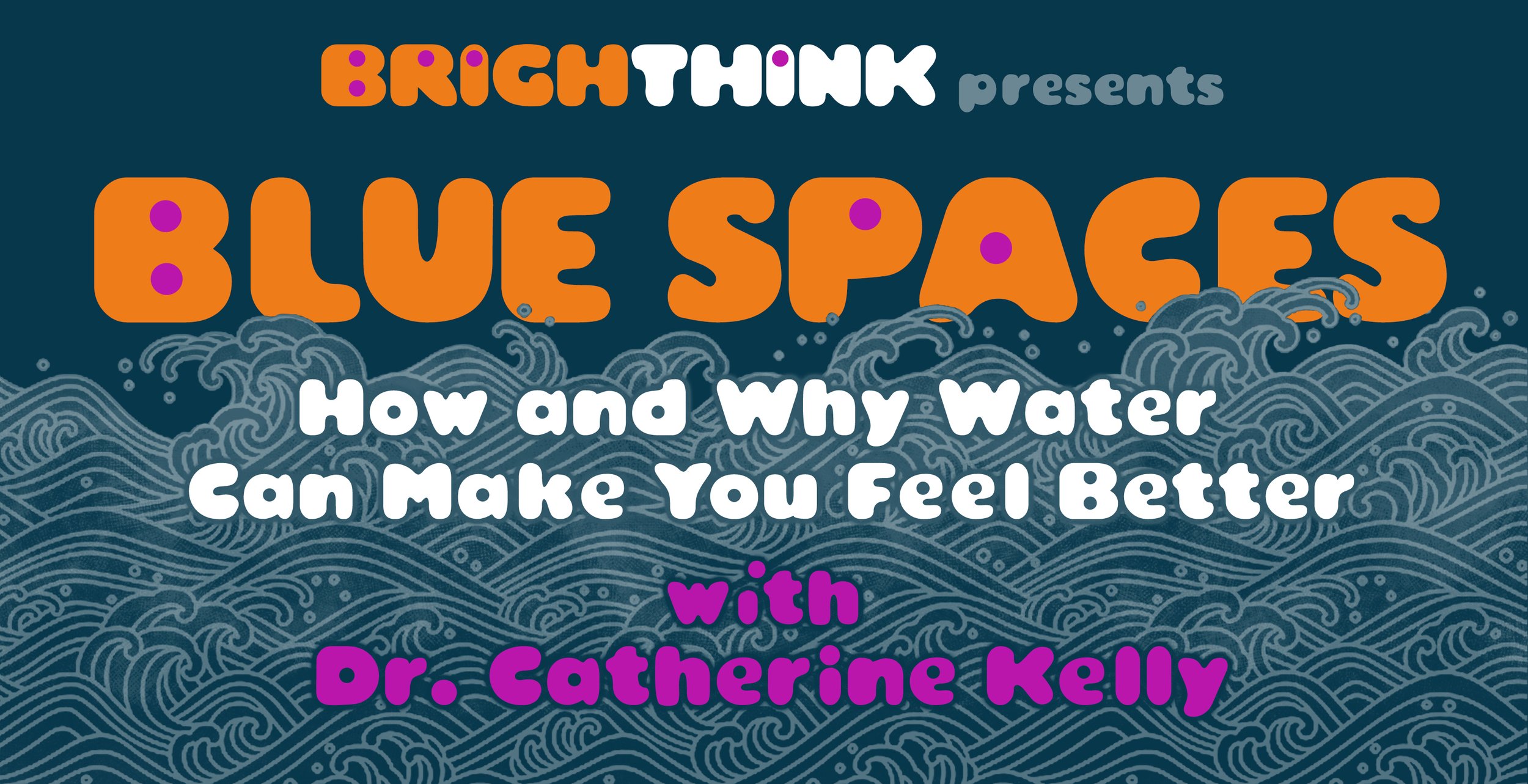Why do so many of us feel drawn to water?
What is it about water that helps us come back to ourselves?
Researchers around the globe have become increasingly intrigued by our psychological response to Blue Spaces: the sea, rivers, lakes and waterfalls. Studies are showing that being near water or blue space is an instant mood-lifter, helping us to be present, less stressed, and to feel more connected. Many of us naturally gravitate towards the nearest blue space for our regular walks. There is an innate balancing quality that water brings – whether it's crashing waves, gentle oceans, distant horizons, or the reflections we see, water can bring on a meditative 'blue mind' state.
Join Dr. Catherine Kelly, geographer, wellbeing practitioner and cold-water swimming enthusiast, as she explores the latest research into the physical, psychological and social factors that connect water and wellbeing and explains why water makes us feel better.
Dr. Catherine Kelly
Catherine is a senior lecturer at The Centre for Earth Observation Science and the Centre of Art & Wellbeing at Brighton University. Catherine is also a wellness practitioner who teaches classes in “mindfulness by the sea”. She took part in the BBC Sounds series An Almanac for Anxiety: In Search of a Calmer Mind and is the author of Blue Spaces: How & Why Water Can Make You Feel Better.
Brighthink presentations take place upstairs in the Nightingale Room at the Grand Central Pub, opposite Brighton Station.
DOORS OPEN: 7:00pm (£5 on the door)
TALK STARTS: 7:30pm
AUDIENCE Q&A: 8:30pm
Brighthink is a non-profit organisation, non of our invited speakers charge for their time, and proceeds from ticket sales go towards the running costs that allow us to put on these events for the public.


